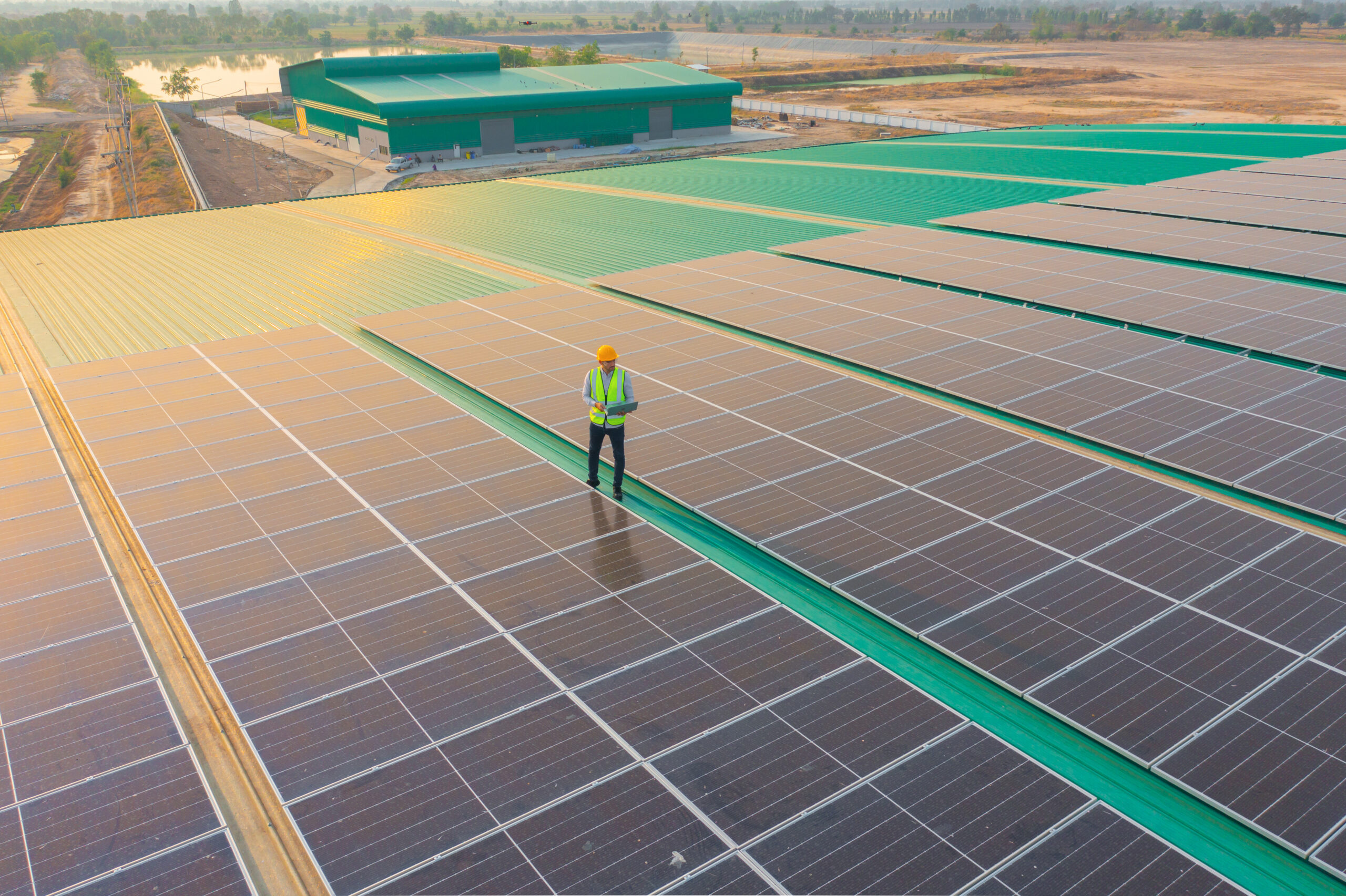Renewable energy storage is emerging as a crucial element in the drive toward sustainable construction practices. As the construction industry increasingly shifts to green energy sources, the ability to effectively store and manage renewable energy becomes a key factor in ensuring a reliable and eco-friendly power supply. Battery Energy Storage Systems (BESS) provide the technology needed to harness renewable energy, allowing construction sites to maintain a steady power flow and minimise dependence on traditional, carbon-intensive energy sources.
Why Renewable Energy Storage Matters
The intermittent nature of renewable energy sources, such as solar and wind power, presents a challenge for construction projects that require consistent and reliable power. By integrating BESS, construction sites can overcome this limitation and maximise the potential of renewable energy. Here’s why renewable energy storage is essential:
Capturing Excess Energy During High Generation Periods
Renewable energy sources do not produce power consistently throughout the day. Solar energy, for example, peaks during midday, while wind energy can vary depending on weather conditions. BESS technology allows construction sites to capture excess energy during these high-production periods, storing it for later use when renewable generation is low or demand is high.
Ensuring Reliable Power Supply During Low Production or Night time
By storing renewable energy, BESS enables construction sites to maintain operations even during periods when renewable sources are not producing power, such as at night or on cloudy days. This capability ensures that construction projects have continuous access to clean energy without needing to resort to fossil fuel-based alternatives.
Reducing Reliance on Traditional Energy Grids
Integrating BESS with renewable energy systems reduces the need for grid power, which is often more expensive and environmentally detrimental. For construction projects in remote or off-grid locations, BESS provides a self-sufficient energy solution that eliminates the logistical challenges and costs associated with connecting to the grid.

How BESS Enhances Renewable Energy Storage for Construction
The role of BESS in renewable energy storage extends beyond simply capturing surplus energy. Here are some ways in which BESS supports sustainable construction:
Maximising Renewable Energy Use
BESS technology optimises the use of renewable energy by storing it when production exceeds demand and releasing it when it is most needed. This ensures that no renewable energy is wasted, allowing construction projects to use clean energy more efficiently and further reduce their carbon footprint.
Providing Backup Power During Grid Failures
Construction projects are vulnerable to power disruptions, whether due to grid failures or renewable energy shortages. In such cases, BESS offers an immediate power backup, keeping operations running smoothly and preventing costly delays. This backup capability is especially important for projects in regions with unstable grid infrastructure or frequent power outages.
Supporting Peak Load Shaving and Demand Management
Construction sites often experience fluctuations in energy demand, with peak loads occurring during critical work phases. BESS can help manage these peaks by discharging stored energy during high-demand periods, reducing the strain on energy systems and avoiding the need for additional grid power or diesel generators. This not only improves energy efficiency but also lowers operating costs.
Cost-Effectiveness Through Renewable Integration
Storing renewable energy with BESS reduces the need for carbon-intensive alternatives like diesel generators, which come with high fuel costs and maintenance expenses. By utilising stored renewable energy, construction companies can significantly reduce operating costs and minimise environmental impact. This cost-saving advantage is particularly valuable for large-scale construction projects that would otherwise incur substantial energy expenses.

Promoting Sustainability with BESS
Renewable energy storage plays a pivotal role in the construction industry’s shift toward sustainability. By incorporating BESS, construction projects can achieve the following sustainability goals:
Lowering Greenhouse Gas Emissions
The use of BESS with renewable energy systems decreases the reliance on fossil fuels, thus reducing greenhouse gas emissions. This shift aligns with global efforts to combat climate change and helps construction companies meet stringent environmental regulations.
Minimising Energy Waste
Traditional energy systems can be inefficient, with energy losses occurring during generation, transmission, and consumption. BESS helps mitigate these losses by capturing excess energy and ensuring that it is used effectively. This capability enhances the overall energy efficiency of construction sites.
Supporting Green Building Certifications
The adoption of BESS and renewable energy storage contributes to sustainable construction practices that can help projects achieve certifications such as LEED or BREEAM. These certifications improve a company’s reputation, meet client demands for green practices, and adhere to regulatory requirements.
The Future of Renewable Energy Storage in Construction
As the construction industry continues to prioritise sustainability, the demand for renewable energy storage solutions will only grow. Battery Energy Storage Systems are at the forefront of this transformation, providing flexible, reliable, and scalable energy solutions that empower construction sites to harness the full potential of renewable energy. BESS technology not only enables continuous and reliable power but also supports a more sustainable and cost-effective building process.
The future of construction lies in the integration of advanced energy storage technologies that make renewable energy accessible, efficient, and reliable. By adopting BESS, construction companies can reduce their environmental impact, lower energy costs, and lead the way toward a greener future.



